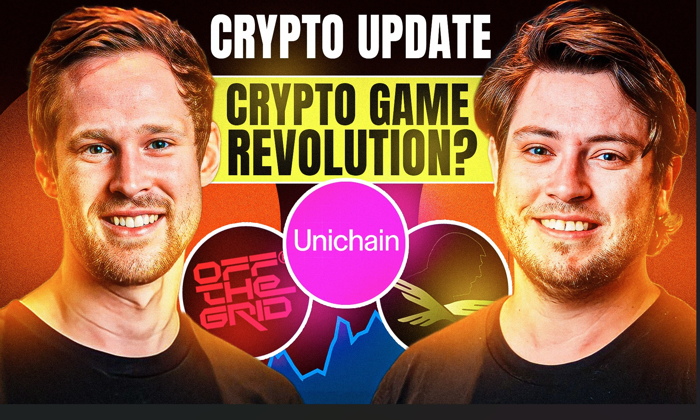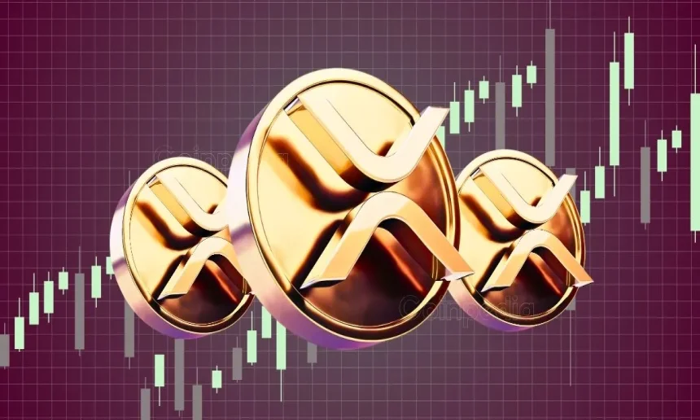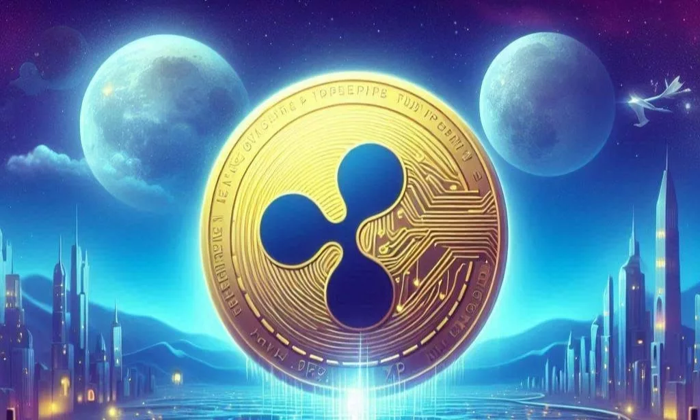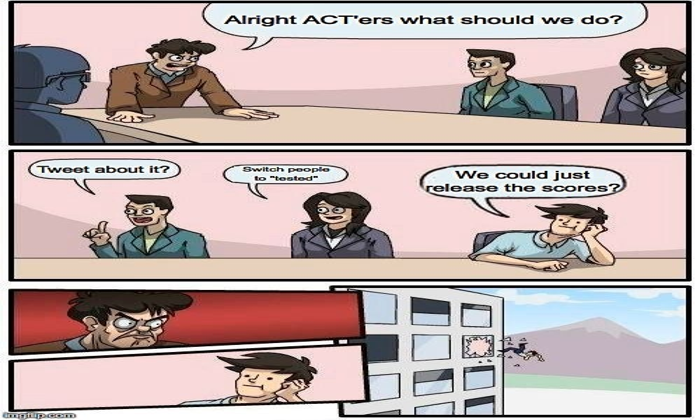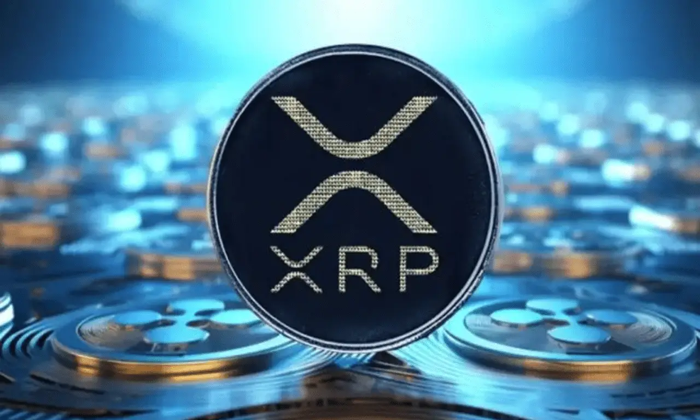Since the launch of TRUMP coin by US President Donald Trump on January 18, the world has witnessed a series of memecoin controversies that have captivated crypto enthusiasts and skeptics alike. These incidents highlight the volatile nature of the memecoin market, where scams and fraudulent schemes can lead to substantial investor losses in memecoins. Political figures and cryptocurrency are increasingly intertwined, raising questions about the legitimacy and intentions behind these digital currencies. High-profile cases, such as the Central African Republic’s CAR token and Argentina’s LIBRA token, exemplify the risks involved in this speculative space. As these controversies unfold, it becomes clear that the intersection of crypto controversies and political endorsements poses a significant challenge for investors seeking to navigate this uncharted territory.
In recent times, the emergence of meme-based cryptocurrencies has sparked significant debate and concern among investors and regulators. The rise of political endorsements in the crypto sphere has led to a myriad of issues, including fraudulent tokens and the exploitation of celebrity influence. Notable events, such as the chaos surrounding the CAR token and the fallout from Argentina’s LIBRA, serve as cautionary tales of the potential pitfalls in this speculative market. As investors grapple with the implications of these developments, the landscape of digital currencies continues to evolve, often marred by controversy and uncertainty. This discussion delves deeper into the ramifications of such events and the broader implications for the future of cryptocurrency.
The Rise of TRUMP Coin and Its Impact on Memecoins
The launch of TRUMP Coin on January 18, 2023, marked a significant moment in the memecoin landscape, drawing both attention and skepticism from investors and crypto enthusiasts alike. As a meme-inspired cryptocurrency affiliated with former President Donald Trump, it attracted a wave of speculation, leading to discussions about the legitimacy and sustainability of such tokens. Memecoins like TRUMP often thrive on social media hype and influencer endorsements, which can create a volatile market environment. Investors should be cautious, as the rapid fluctuations in price can lead to significant financial risks.
Following the introduction of TRUMP Coin, numerous political figures have emerged in the spotlight, some promoting their own tokens while others became embroiled in controversies. This phenomenon raises critical questions about the intertwining of politics and cryptocurrency, as well as the potential for scams and investor losses in memecoins. As the crypto market evolves, it becomes increasingly essential for investors to conduct thorough research and remain informed about the associated risks.
Memecoin Controversies Involving Political Figures
The memecoin market has seen its share of controversies, particularly involving political figures who have either endorsed or been associated with various tokens. For instance, after the launch of TRUMP Coin, several leaders faced backlash when their respective tokens were linked to scams or fraudulent activities. This not only tarnished their reputations but also contributed to a growing skepticism among investors regarding the authenticity of political endorsements in the crypto space.
The incidents surrounding leaders like Faustin-Archange Touadéra and Javier Milei illustrate the precarious nature of investing in memecoins, especially when political figures are involved. The confusion over the Central African Republic’s CAR token and the disastrous outcome of Argentina’s LIBRA token, where 86% of investors faced losses, emphasize the risks associated with such investments. These controversies highlight the need for transparency and accountability in the cryptocurrency sector, particularly when influential figures are promoting tokens that may not be legitimate.
Investor Losses and Memecoin Scams: A Growing Concern
Investor losses in memecoins have become a significant concern as scams proliferate within the crypto ecosystem. The rapid rise and fall of tokens often leave investors vulnerable to substantial financial losses. The cases of the LIBRA token and the KSA scam underscore the dangers inherent in investing in cryptocurrencies that lack regulatory oversight or proper endorsement. With scams becoming increasingly sophisticated, investors must exercise due diligence and remain vigilant against potential fraud.
Moreover, the involvement of political figures in promoting memecoins complicates the landscape further. Scammers often exploit the credibility of these individuals to attract unsuspecting investors, leading to widespread financial repercussions. As seen with the impersonation of Bermuda Premier David Burt and the hacking incident involving Mahathir Mohamad, the ramifications extend beyond individual losses to affect the overall trust in the cryptocurrency market. This growing trend of memecoin scams necessitates a collective effort to establish clearer guidelines and protect investors.
The Role of Social Media in Memecoin Market Dynamics
Social media plays a pivotal role in shaping the dynamics of the memecoin market, where viral trends can lead to rapid price surges or devastating crashes. Platforms like Twitter and Reddit act as breeding grounds for speculation, often fueled by influencers and prominent personalities. The launch of TRUMP Coin was notably amplified by discussions across these platforms, drawing attention from both supporters and skeptics. This environment creates a double-edged sword for investors, as social media can rapidly distort perceptions of value and legitimacy.
However, the reliance on social media for token promotion also opens the door to misinformation and scams. As we saw with the promotion of non-existent tokens and the impersonation of legitimate leaders, investors can easily fall victim to misleading narratives. The need for critical thinking and verification becomes paramount in a space where hype can overshadow reality. Consequently, investors must be cautious and prioritize credible sources of information when navigating the memecoin landscape.
Crypto Controversies and Their Implications for Future Regulations
The controversies surrounding memecoins and their associated scams spotlight the urgent need for regulatory frameworks in the cryptocurrency market. As political figures become more involved in promoting cryptocurrencies, the potential for abuse and fraud increases, raising questions about accountability and consumer protection. The incidents involving high-profile leaders highlight how the lack of oversight can lead to significant investor losses and undermine market integrity.
Future regulations must address these vulnerabilities by establishing clear guidelines for endorsements and ensuring that tokens meet certain standards of legitimacy. By implementing stricter regulatory measures, authorities can help mitigate the risks associated with memecoins, fostering a safer investment environment. The ongoing discourse surrounding crypto controversies signals a shift towards greater scrutiny, which could ultimately benefit both investors and the overall health of the cryptocurrency market.
The Influence of Political Endorsements on Memecoin Success
Political endorsements can significantly impact the success of memecoins, as the backing of a well-known figure can attract a surge of interest and investment. The TRUMP Coin launch serves as a prime example, demonstrating how political figures can effectively catalyze interest within the crypto community. However, this phenomenon also raises ethical concerns about the motivations behind such endorsements and the potential risks to uninformed investors.
As seen with the fallout from the LIBRA token and KSA token scams, the association of political figures with questionable projects can lead to devastating consequences for investors. The allure of quick profits can often overshadow the inherent risks, prompting a need for greater awareness and education among potential investors. Understanding the implications of political endorsements in the memecoin space is crucial for making informed investment decisions.
Navigating Memecoin Investments: Strategies for Success
Navigating the memecoin market requires a strategic approach, especially in light of the ongoing controversies and scams that have surfaced. Investors should prioritize thorough research before committing their funds to any token, assessing factors such as the project’s legitimacy, the credibility of endorsements, and market trends. With the memecoin landscape constantly evolving, staying informed about recent developments is essential for making sound investment choices.
Additionally, diversifying investments can help mitigate risk in the volatile memecoin arena. By spreading capital across multiple tokens or projects, investors can reduce their exposure to individual scams or market downturns. Establishing a clear exit strategy and setting realistic profit expectations can also safeguard against impulsive decisions driven by market hype. Ultimately, adopting a cautious and informed approach can enhance the chances of success in the unpredictable world of memecoins.
The Future of Memecoins: Trends and Predictions
As the cryptocurrency market continues to evolve, the future of memecoins remains uncertain. While the popularity of such tokens has surged, the ongoing controversies and scams highlight the need for a more stable and regulated environment. Innovations in blockchain technology and increasing adoption by mainstream investors could pave the way for more legitimate memecoins to emerge, potentially reshaping the landscape. However, the inherent volatility associated with memecoins may continue to challenge their long-term viability.
Predictions suggest that as awareness of memecoin scams grows, investors may become more discerning, seeking out tokens with tangible value and utility rather than those driven solely by hype. This shift could lead to a decline in poorly conceived memecoins while promoting the emergence of more robust projects. Ultimately, the future of memecoins will depend on the industry’s ability to build trust, foster transparency, and prioritize investor protection.
Learning from Memecoin Scandals: A Call for Investor Awareness
The scandals and controversies surrounding memecoins serve as vital lessons for investors navigating the cryptocurrency landscape. The high-profile cases involving political figures illustrate the potential for exploitation and misinformation, emphasizing the importance of conducting thorough due diligence. Investors should familiarize themselves with the risks associated with memecoins and remain vigilant against scams that prey on their aspirations for quick profits.
Moreover, fostering a culture of awareness and education within the crypto community can empower investors to make informed decisions. By sharing knowledge about common scams, warning signs, and best practices, the community can collectively strengthen its defenses against fraudulent activities. The ongoing discourse around memecoin controversies is a crucial step toward creating a safer investment environment for all.
Frequently Asked Questions
What are the controversies surrounding the TRUMP coin and its impact on memecoins?
The TRUMP coin has sparked significant controversies in the memecoin market, particularly due to its association with various political figures. Since its launch on January 18, 2023, it has been involved in numerous scams and misleading promotions, leading to investor losses and distrust in memecoins overall.
How did the launch of the TRUMP coin affect investor losses in memecoins?
The launch of the TRUMP coin coincided with a surge of memecoin controversies, resulting in considerable investor losses. For instance, the collapse of tokens like LIBRA and CAR following their promotions by political figures led to a total loss of approximately $251 million for investors, highlighting the risks associated with memecoins.
What are some examples of memecoin scams related to political figures?
Several memecoin scams have emerged involving political figures, including the impersonation of Bermuda’s Premier by scammers promoting a fake BERMUDA coin and the hack of Mahathir Mohamad’s account to promote a MALAYSIA token. These incidents illustrate the vulnerabilities and controversies surrounding the intersection of politics and cryptocurrency.
How have crypto controversies impacted political endorsements of memecoins?
Crypto controversies have significantly affected political endorsements of memecoins, as seen with Javier Milei’s promotion of the LIBRA token, which resulted in massive investor losses. Such scandals have raised questions about the credibility of political figures in the cryptocurrency space.
What lessons can be learned from the investor losses in memecoins linked to political figures?
Investor losses in memecoins linked to political figures highlight the importance of due diligence and skepticism towards endorsements. The controversies surrounding projects like CAR and LIBRA serve as reminders that political backing does not guarantee a token’s legitimacy or safety.
Why is the Central African Republic Token considered a controversial memecoin?
The Central African Republic Token, launched by President Touadéra, is controversial due to its sudden collapse and questions surrounding its legitimacy. Confusion arose when the project’s website went offline, leading to a dramatic market cap drop from $600 million to nearly $0, exemplifying the risks of memecoins.
What are the implications of political figures being involved in memecoin controversies?
The involvement of political figures in memecoin controversies raises significant implications for the cryptocurrency market, including the potential for scams, erosion of trust, and regulatory scrutiny. These controversies can lead to increased caution among investors and affect the overall perception of memecoins.
How did the KSA token scandal reflect the risks associated with memecoins?
The KSA token scandal, where scammers impersonated Saudi Crown Prince Mohammed bin Salman, reflects the risks inherent in the memecoin market. The lack of official endorsements and the rapid rise and fall of such tokens highlight the susceptibility of investors to scams and the need for vigilance.
In what ways did the MALAYSIA token scandal demonstrate the vulnerabilities of memecoins?
The MALAYSIA token scandal, involving the hack of former Prime Minister Mahathir Mohamad’s account, demonstrated the vulnerabilities of memecoins to manipulation and fraud. Such incidents underscore the risks of celebrity endorsements and the necessity for regulatory measures in the cryptocurrency space.
| Incident | Key Details | Outcome |
|---|---|---|
| Central African Republic Token (February 10) | Launched by President Faustin-Archange Touadéra, faced legitimacy issues as the website went offline and social media accounts were suspended. | Market cap plummeted from $600 million to nearly $0 in two days. |
| Argentina’s LIBRA Token (February 14) | Promoted by President Javier Milei to fund small businesses. 86% of investors lost money totaling $251 million. | Token rose to $4 before collapsing; Milei claimed ignorance and stopped promotion. |
| Fake BERMUDA Coin (February 15) | Scammers impersonated Premier David Burt to promote a non-existent coin. | Only two purchases were made, both quickly sold. |
| Saudi Arabia’s KSA Token Scandal (February 17) | Scammers hacked an account linked to the Saudi Law Conference to promote a fake coin. | The token was not endorsed officially and gained no traction. |
| Malaysia’s MALAYSIA Token (February 5) | Former PM Mahathir Mohamad’s account was hacked to promote a token during the memecoin frenzy. | Contributed to the list of scandals and manipulations in the memecoin space. |
Summary
Memecoin controversies have surged since the launch of Trump’s TRUMP coin, revealing the vulnerabilities and risks associated with the cryptocurrency market. The incidents involving global leaders such as Faustin-Archange Touadéra, Javier Milei, David Burt, Mohammed bin Salman, and Mahathir Mohamad highlight the dangers of scams, impersonation, and misinformation in this burgeoning sector. As these political figures become entwined in dubious memecoin ventures, it becomes increasingly crucial for investors to exercise caution and conduct thorough research before engaging in any cryptocurrency-related investments.
Memecoin controversies have surged in recent months, particularly following the launch of the TRUMP coin by former US President Donald Trump. This new wave of cryptocurrency has not only captivated the attention of investors but also sparked a series of high-profile debates involving political figures and cryptocurrency. Various leaders, from Argentina to Saudi Arabia, have found themselves entangled in memecoin scams, leading to substantial investor losses in memecoins. The questionable nature of these tokens has raised concerns about the legitimacy and reliability of such investments, highlighting the growing crypto controversies in the market. As these incidents unfold, they serve as a cautionary tale for those looking to navigate the tumultuous waters of memecoin trading and its inherent risks.
In recent times, the emergence of meme-based cryptocurrencies has led to significant disputes and scandals, particularly among notable political leaders. The controversies surrounding these digital assets have unveiled alarming trends, marked by investor losses and fraudulent schemes. Notable cases, including the TRUMP coin and other tokens promoted by international figures, have drawn attention to the vulnerabilities within the cryptocurrency ecosystem. As the crypto landscape evolves, the intersection of politics and digital currencies continues to raise eyebrows, with many questioning the authenticity and intentions behind these initiatives. This increasing scrutiny emphasizes the need for vigilance and informed decision-making among potential investors in the memecoin arena.
